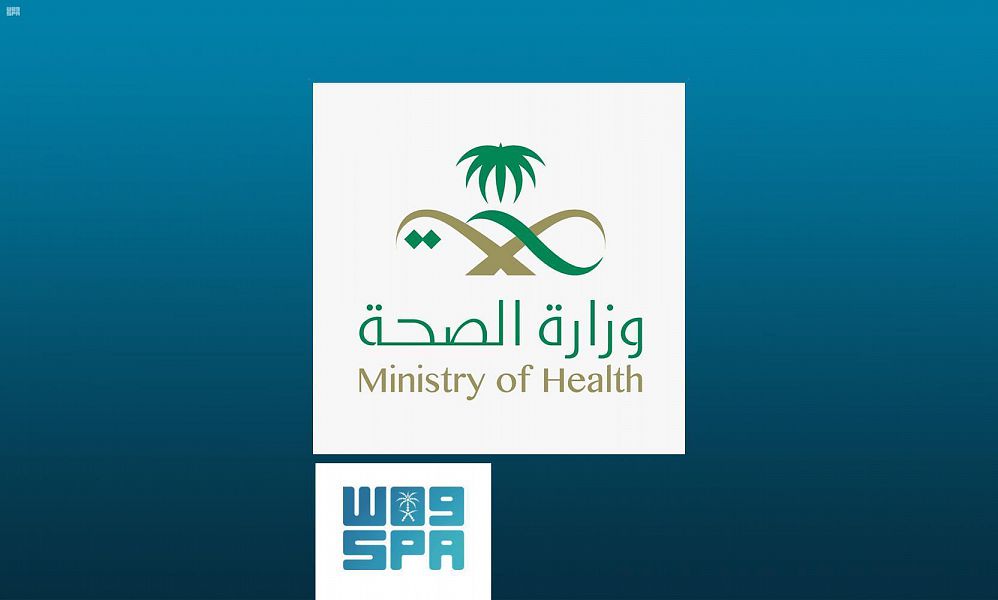
SANAA, 7 October 2016— Yemen’s Ministry of Public Health and Population (MOPHP) has officially announced the occurrence of 8 cholera cases among population in one of the areas of Sanaa city. The stool samples of these cases were tested positive for Vibrio cholerae The cases were admitted to Al-Sabeen Hospital in Sanaa in the first week of October and are currently receiving treatment for acute dehydration in an isolated section of the hospital.
A team from surveillance programme of the MOPHP was dispatched with a WHO-supported rapid response team to Al-Nasr neighborhood of Shoob District, where the patients (mainly children) were living, to investigate the source of cholera cases, , test the water sources in the area and raise awareness about cholera among the community. Visits were also paid to the nearby schools and health centers to conduct an active case finding for suspected cases in the area.
To support the management of these cases by the MOPHP facilities, WHO has provided sufficient quantities of intravenous fluids and oral rehydration salts (ORS) to the hospital. Furthermore, WHO is working with the MOPHP to support enhancing active surveillance, improve case management, establish a joint operations room for coordination of response measures and information sharing , and establish a task force to enhance the coordination response between health partners.
While response, investigation and preventive measures are ongoing, a joint Health/WASH Cholera Task Force, comprising WHO, UNICEF, Health and WASH partners has been established to coordinate the daily work and support to MOPHP and the concerned authorities on an integrated Cholera Response Plan. The response plan requires urgent funding for establishment of Cholera Treatment Center (CTC) in inaccessible areas, , diarrheal disease kit distribution, training, strengthening surveillance system, environmental interventions and community awareness.
“The current situation is yet another alarming indicator of the escalating humanitarian conflict-related crisis in Yemen and should alert the international community to support Yemen public health system and provide health partners with the necessary resources to contain the current transmission and prevent further spread of Vibrio cholerae to other high risk areas in the country”, said Dr. Ahmed Shadoul, the WHO Representative in Yemen.i
The scarcity of clean, safe drinking-water has exacerbated the already deteriorating health situation in Yemen, causing a significant increase in acute watery diarrhea cases, especially among internally displaced persons, now exceeding more than three million people across the county.





